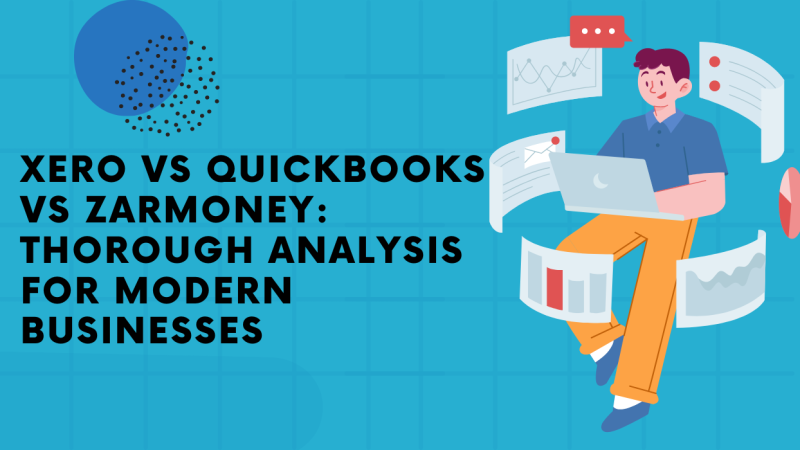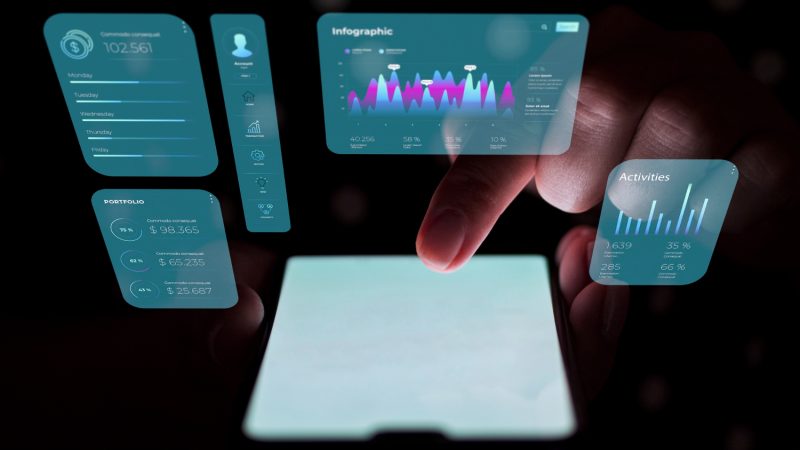3 things to know before choosing a CMS

A CMS – or Content Management System – can be an absolutely critical component of your company’s website, social media, and overall marketing effort. Of course, it can also be a huge time suck and source of consternation. That’s why it is so important that you pick a CMS that works best for your business and your needs. This choice is exceptionally meaningful. As noted by the CMS experts at Contentful, ” But for many brands, today’s content needs to extend well beyond the limitations of the traditional CMS.”
Here are 3 things to know before choosing a CMS.
What is a Traditional CMS?
A Traditional CMS allows for digital assets to be edited and updated. This type of system requires manual editing and management, but allows for an individual or business or have a maximum degree of control over what content they publish and when they publish it.
Of course, as is likely obvious from a quick read, traditional CMS can be labor-intensive. Depending on the system and your level of familiarity with it, you may need someone with technical or creative expertise on your staff. This person would have to have control over the entire CMS and knowledge of what content to put up, and when that content should go live. If you are a larger organization, you’ll need to establish some sort of workflow that allows for efficient control over what is published.
While they are labor-intensive, a traditional CMS is usually user-friendly and works well for small or medium-sized companies. They are used by the vast majority of organizations.
What is a Headless CMS?
A Headless CMS is a bit more technically advanced. It allows someone to write content, but choose where that content goes and the format of that content. This means that you can create content for different outputs, like a website, mobile database, or more.
These systems come with many advantages: Primarily, you don’t have to worry about how the content gets displayed, as that has presumably been dealt with by other ends of your CMS system. As such, it gives you a chance to create different kinds of content for different channels, allowing you a more customized approach. It also comes with more advanced security options, since your various content outputs are separated from each other.
How to Choose a Traditional or Headless CMS?
Headless CMS can create more customized content, but in many cases, that may not be necessary. Indeed, many businesses will find that a traditional CMS approach works fine for their needs. However, there are also many businesses that may use a website, app, or more, and find that they need more customized content solutions. In this case, a Headless CMS is likely a better approach. This is also likely to be the case for websites that have heavy eCommerce components.
The choice between a traditional or headless CMS is different for every organization. However, it is a serious choice, one that requires in-depth research and planning.






